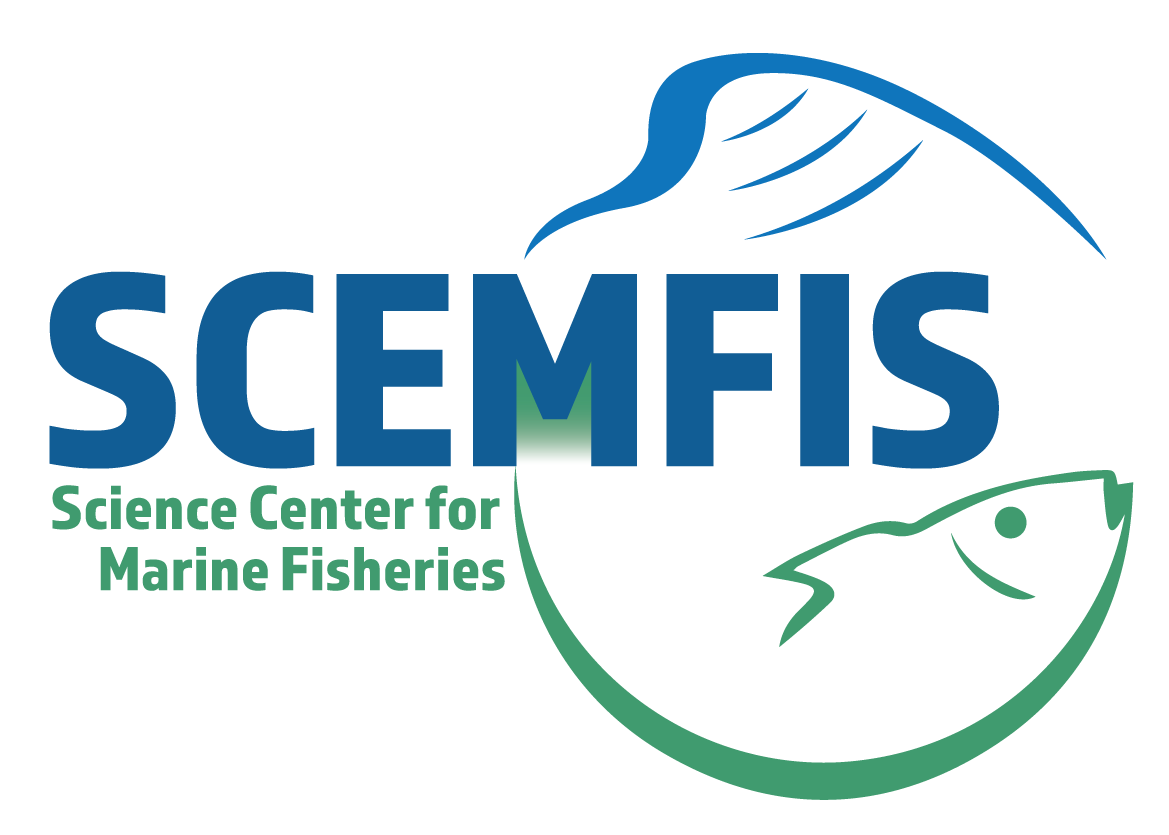OCEAN SPRINGS, MS / ACCESSWIRE / January 17, 2024 / The Science Center for Marine Fisheries (SCEMFIS) begins 2024 by entering Phase III of the National Science Foundation’s Industry-University Cooperative Research Centers (IUCRC) Program. This new phase of NSF funding will allow SCEMFIS to further expand its mission of conducting innovative and in-demand marine science research, in cooperation with our fishing industry partners.
SCEMFIS is one of the many research centers in the NSF’s IUCRC program, which brings together leading academic researchers, and members of their collaborating industries, to identify and conduct needed scientific research. NSF provides funding for IUCRCs in five-year phases, with the Centers receiving more funding as they complete each phase and gain more industry members. The Centers that are able to make it to Phase III have exceptional levels of industry support and a proven track record of successful scientific research.
"Moving up to Phase III is a reflection on both the quality of research SCEMFIS regularly produces, and on the successful collaborative relationships that we have developed with our partners in the fishing industry," said Dr. Eric Powell of the University of Southern Mississippi. "Entering this new phase will give us more resources to continue our mission to produce groundbreaking finfish and shellfish research, and engage in research, on the horizon, focusing on coexistence between commercial fishing and offshore wind development."
In recent years, SCEMFIS researchers have published studies on finfish and shellfish resource constraints and opportunities, which have improved our scientific understanding of these key commercial species, and will help both the fishing industry and fishery managers ensure our fisheries remain sustainable. Studies have looked at how climate change has increased the growth rate of ocean quahogs, one of the longest-lived species in the ocean; how to reduce scientific uncertainty in managing Atlantic surfclams; and how to improve the accuracy of Atlantic menhaden assessments. The Center has also done acoustic survey work to locate previously uncounted adult menhaden schools during the winter.
In addition to its academic research, the Center has also dedicated its resources to providing NSF internship and research opportunities for many students, helping to develop the next generation of marine scientists who are interested in a future with food from the sea.
"Our partnership with SCEMFIS, over the past 10 years, has led to scientific research that has vastly expanded our members, and the public’s understanding of the commercial species we care most about and depend upon," said Jeff Kaelin, representing Lund’s Fisheries as Chair of the SCEMFIS Industry Advisory Board. "This new five-year phase of funding will present us with even more opportunities to conduct the important research that will keep our fisheries productive and sustainable. We greatly appreciate the confidence that our NSF partners have in the work that our Center has accomplished over these past years.
About SCEMFIS
SCEMFIS utilizes academic and fisheries resources to address urgent scientific problems limiting sustainable fisheries. SCEMFIS develops methods, analytical and survey tools, datasets, and analytical approaches to improve sustainability of fisheries and reduce uncertainty in biomass estimates. SCEMFIS university partners, University of Southern Mississippi (lead institution), and Virginia Institute of Marine Science, College of William and Mary, are the academic sites. Collaborating scientists who provide specific expertise in finfish, shellfish, and marine mammal research, come from a wide range of academic institutions including Old Dominion University, Rutgers University, University of Massachusetts-Dartmouth, University of Maryland, and University of Rhode Island.
The need for the diverse services that SCEMFIS can provide to industry continues to grow, which has prompted a steady increase in the number of fishing industry partners. These services include immediate access to science expertise for stock assessment issues, rapid response to research priorities, and representation on stock assessment working groups. Targeted research leads to improvements in data collection, survey design, analytical tools, assessment models, and other needs to reduce uncertainty in stock status and improve reference point goals.
PRESS CONTACT:
Stove Boat Communications
[email protected]

SOURCE: Science Center for Marine Fisheries
View the original press release on accesswire.com
